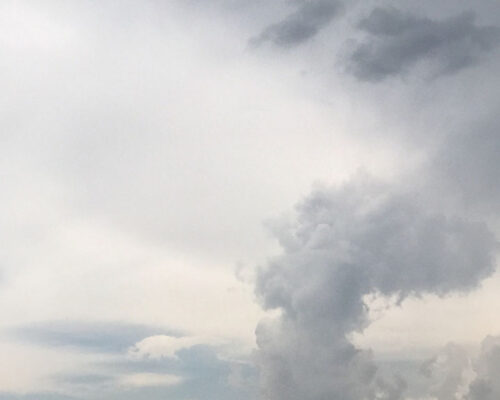
The week between Christmas and New Year’s always has me feeling a little in limbo. The twelve days of Christmas that underscore the holiday lore baffle me (though I’ll sing along for fun). As a Jewish woman, I have my eight days of Chanukah to lift and light my spirit. But it’s this seven-day countdown, from a day that blurs boundaries between the religious and secular world in which we live to a day that simply announces the passing of one year into another, that has me on edge.
My ability to work during this week is on shaky ground. I can’t focus in the consistent way I’m used to. Clearing out papers, going through files, updating computers—that’s how my time in this week of limbo feels best spent. Is this an idea worthy of a blog post? I ask myself. Can I find the time—between divesting, going to a movie or two, thinking about what I need for weekend guests—to just get it written?
I’ve written before about the unsettling feeling during the week when one year ends and another begins. Something that hits this profoundly every year can’t be denied. It’s as if this week—this very week—is riddled with expectation of something to come. So much distress in the past year, there’s the thinking that any new year has to be better.
Go, Went, Gone
Three words, the title of Jenny Erpenbeck’s latest novel, speak volumes about culture, politics, and language  itself. As perfect a novel as it gets, the story line finds a retired professor in Berlin caught up in the plight of a group of refugees. Midway through the novel comes Christmas. As New Year’s Eve arrives, Richard, the professor, reflects on what it means:
itself. As perfect a novel as it gets, the story line finds a retired professor in Berlin caught up in the plight of a group of refugees. Midway through the novel comes Christmas. As New Year’s Eve arrives, Richard, the professor, reflects on what it means:
He’s never quite understood what’s supposed to be departing in that final decisive second, while at the same time something new—something you can’t know yet—suddenly presents itself. Sometimes in past years he’s tried to concentrate on this future that was apparently arriving at just this moment. But how do you concentrate on something you don’t know yet? Who’s going to die? Who’ll be born? The older he gets, the more grateful he is to have just as little idea as anyone else what is in store.
What’s in store for Richard is, ultimately, a change in the way he views the world as his relationship with the refugees grows. What’s in store for the refugees becomes a disheartening waiting game. Time is not always on their side. One person can only do so much.
Despite all that I’ve read about how the calendar has changed over the centuries (something I touch on in my forthcoming novel) the transition from one year to the next still can unsettle me. For all I’ve come to trust about the changing nature of reality, the anticipation of something that’s to come can easily trigger anxiety. Good or bad, once the moment or event arrives, the anxiety dissipates.
And somehow, in the crunch of days between 2017 and 2018, I’ve managed to settle into the unsettled. It’s anyone’s guess what comes next.

